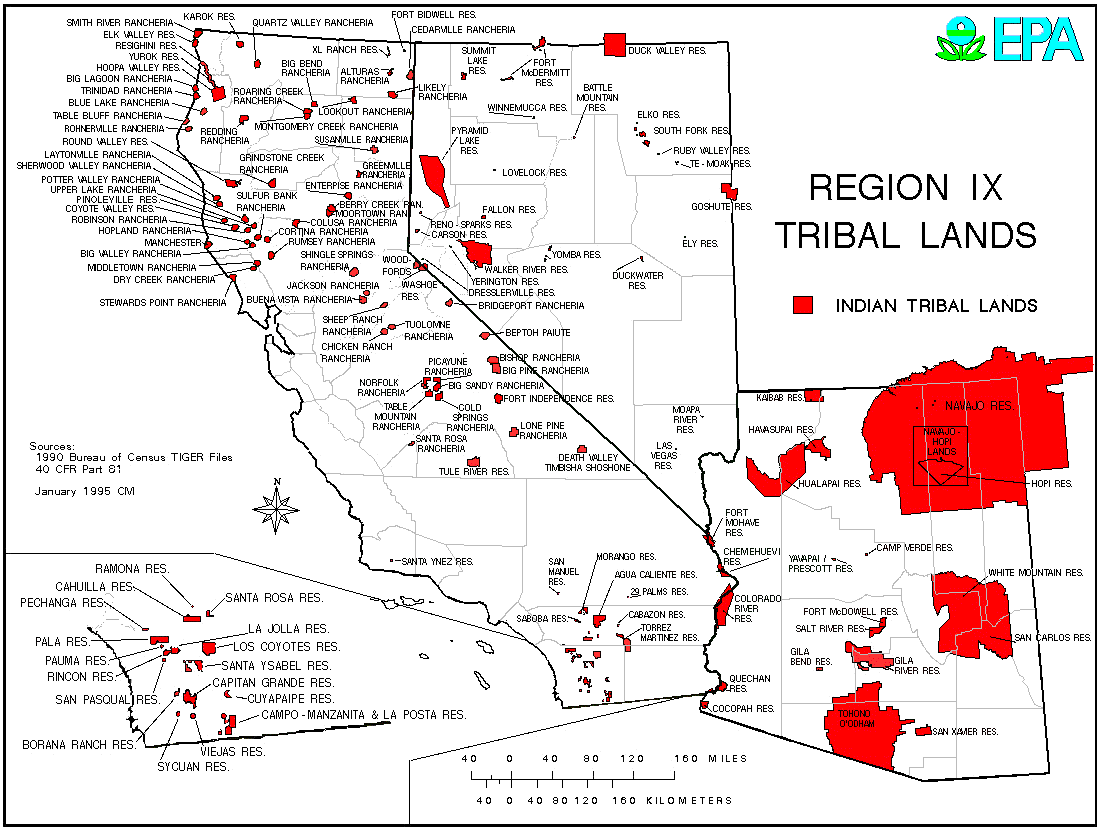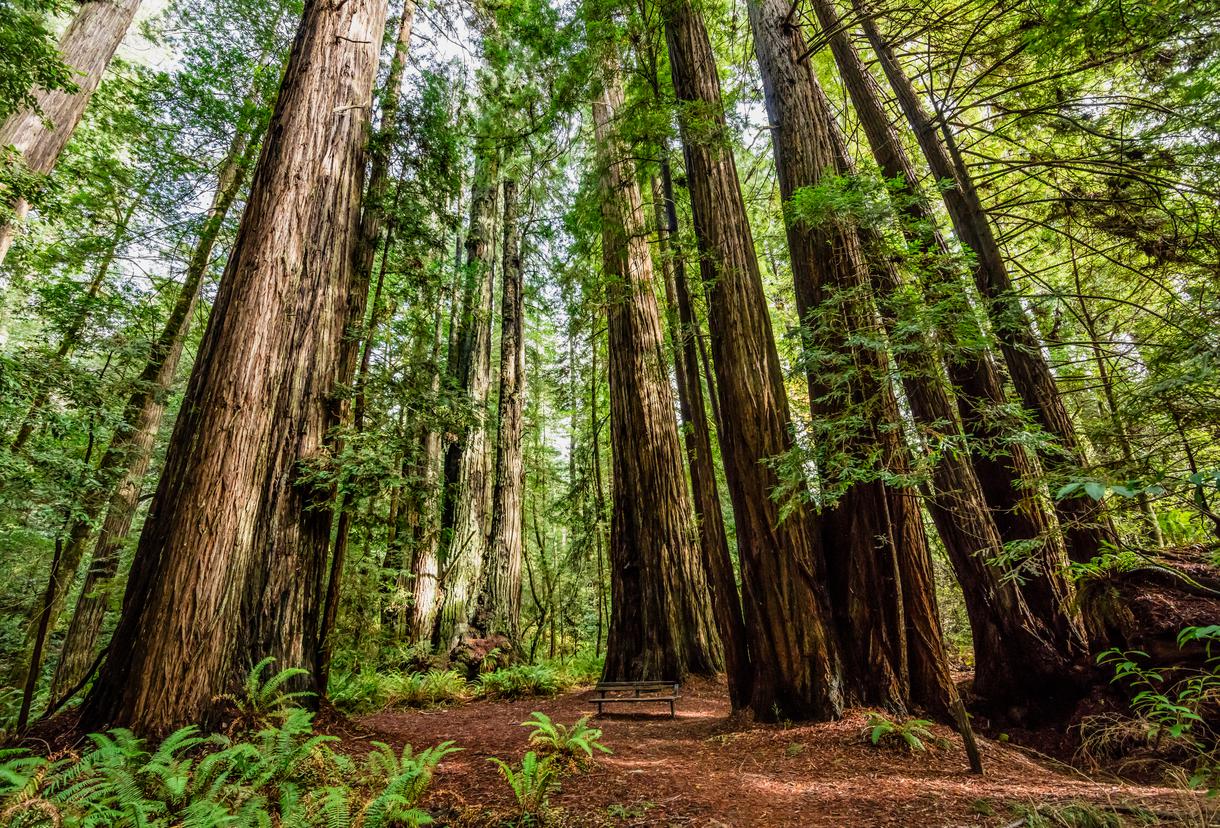Are All Indian Casinos On Reservations? Unpacking the Complexities of Tribal Gaming
Are All Indian Casinos On Reservations? Unpacking the Complexities of Tribal Gaming

Let’s face it, the allure of casinos is undeniable. The flashing lights, the clinking of coins, the thrill of the win – it’s a heady mix that draws millions to the gaming floor every year. But when it comes to Indian casinos, a common question arises: are all of them located on reservations? It’s a question that’s sparked debate and confusion, and the answer, like many things in life, is a little more complicated than a simple yes or no.
A Brief History of Tribal Gaming
Related Articles: Are All Indian Casinos On Reservations? Unpacking the Complexities of Tribal Gaming
- Discover the Hidden Gems of Indian Reservations in Massachusetts
- Unveiling the Roots: Uncover the First Native American Tribes of Texas
- Discover Tucson's Indian Reservations: A Journey into Native Culture
- Unveiling the Enchanting World of Native American Reservations in Oklahoma
- Cherokee Nation: A Legacy Of Resilience And Renewal
To understand the current landscape of Indian gaming, we need to rewind the clock a bit. The story starts with the Indian Gaming Regulatory Act (IGRA) of 1988. This landmark legislation was passed to provide tribes with a way to generate revenue and achieve economic self-sufficiency. Before IGRA, tribal gaming was largely unregulated, leading to a patchwork of laws and practices that often put tribes at a disadvantage. IGRA aimed to bring order to the chaos, establishing a framework for tribal gaming that would be both legal and beneficial to both tribes and the surrounding communities.
The IGRA and the Reservation Requirement
The IGRA established a system where tribes could operate gaming activities on their lands, but with some key conditions. One of the most prominent requirements is that most gaming activities must be conducted on "Indian lands," which typically refers to land held in trust by the federal government for the benefit of a particular tribe. This is where the "reservation" aspect comes into play, as reservations are the most common form of Indian land.
But Wait, There’s More!
While the IGRA generally requires casinos to be located on reservations, there are some exceptions. These exceptions are outlined in the law itself, allowing for gaming to occur in certain circumstances:
- State-Compacted Lands: States can enter into compacts with tribes to allow gaming on lands that are not traditionally considered "Indian lands." These compacts are negotiated between the tribe and the state, and they typically outline the types of gaming allowed, the regulatory framework, and the revenue sharing arrangements.
- Off-Reservation Land: In certain cases, tribes can operate gaming facilities on land that is not within their reservation boundaries. This is typically allowed if the land is located within a state that has a gaming compact with the tribe and if the state government approves the location.
- Historical Lands: Some tribes have ancestral land claims that are not recognized as reservations but are still considered "Indian lands" for the purposes of IGRA. These tribes may be able to operate gaming facilities on these historical lands.

The Reality on the Ground
So, what does this all mean in practical terms? While the majority of Indian casinos are indeed located on reservations, there are a significant number of casinos that operate on non-reservation lands, thanks to the exceptions outlined in the IGRA. This means that the answer to the question "Are all Indian casinos on reservations?" is a resounding no.
The Importance of Understanding the Exceptions
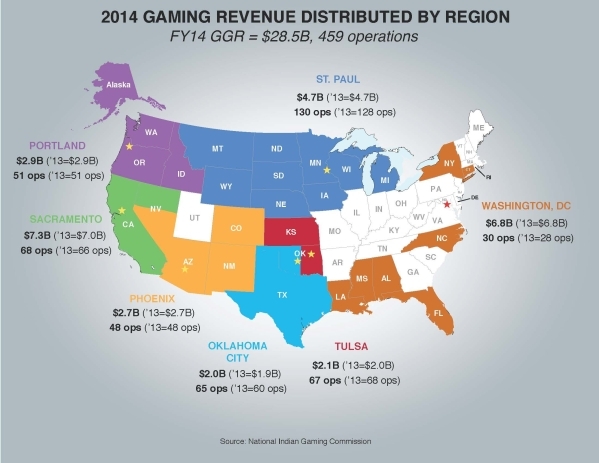
It’s crucial to understand these exceptions because they highlight the complexity of tribal gaming and the evolving nature of the relationship between tribes, states, and the federal government. The exceptions also demonstrate the power of tribal sovereignty and the ability of tribes to negotiate for their own economic interests.
Beyond the Reservation: The Impact of Tribal Gaming
The impact of tribal gaming extends far beyond the casino floor. For many tribes, casinos have been a crucial source of economic development, providing jobs, generating revenue, and improving the quality of life for tribal members. Casinos have also played a role in revitalizing tribal cultures, supporting education and health care programs, and fostering economic growth in surrounding communities.
But It’s Not All Rosy
Of course, the story of tribal gaming isn’t always a fairy tale. There are challenges and controversies associated with the industry. Some critics argue that casinos can lead to social problems like gambling addiction and crime. Others contend that the revenue generated by casinos doesn’t always benefit tribal communities in the way it should.
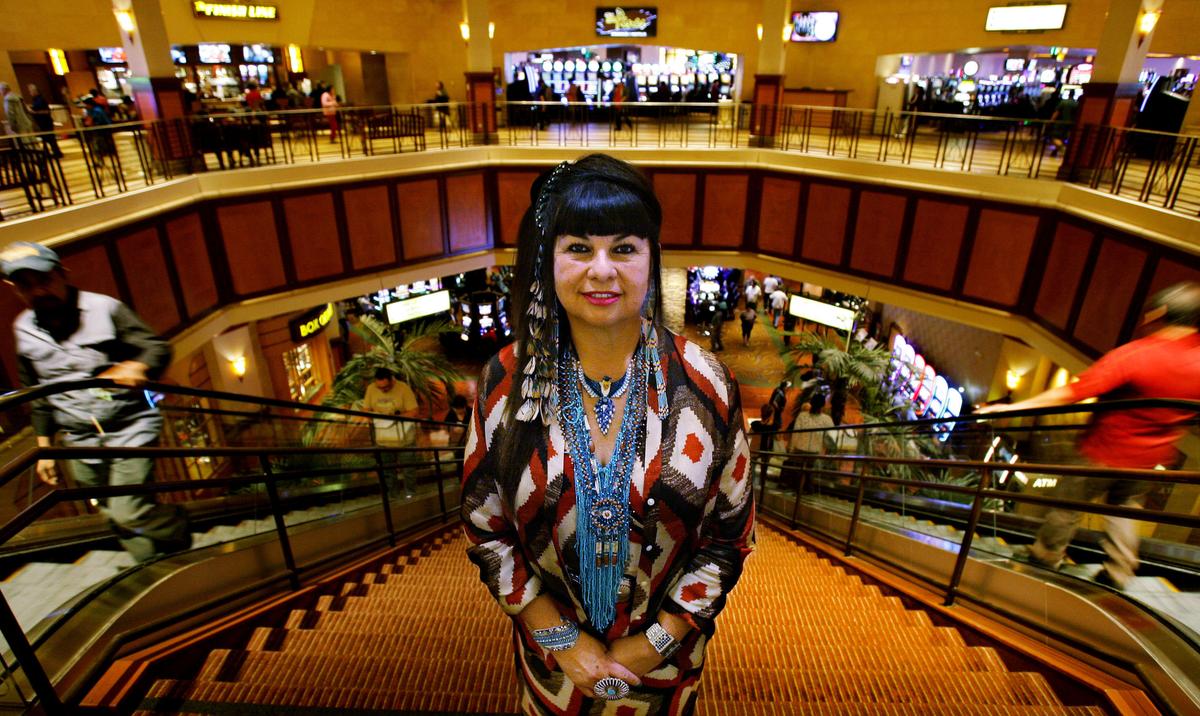
The Future of Tribal Gaming
Despite these challenges, tribal gaming remains a vibrant and growing industry. As tribes continue to assert their sovereignty and seek economic self-determination, it’s likely that the role of gaming will continue to evolve. The future of tribal gaming will be shaped by factors like changing demographics, technological advancements, and the ongoing dialogue between tribes, states, and the federal government.
FAQ: Unraveling the Mystery of Indian Casinos
Q: Why are Indian casinos allowed to operate outside of reservations?
A: The IGRA allows for gaming on lands outside reservations under certain conditions, including state compacts, historical land claims, and specific agreements with the state government.
Q: What types of games are allowed at Indian casinos?
A: The types of games allowed vary depending on the specific IGRA compact between the tribe and the state. Common games include slot machines, table games like blackjack and poker, and bingo.
Q: Do all tribes operate casinos?
A: No, not all tribes operate casinos. Some tribes have chosen not to participate in gaming for cultural or religious reasons, while others may not have the resources or the infrastructure to support a casino.
Q: What are the benefits of tribal gaming for the surrounding community?
A: Tribal casinos often create jobs, generate tax revenue, and support local businesses. They can also contribute to the development of infrastructure and social services in the community.
Q: What are the challenges facing tribal gaming?
A: Challenges include concerns about gambling addiction, crime, and the distribution of casino revenue. Some tribes also face pressure from competing commercial casinos.
Q: How can I learn more about tribal gaming?
A: You can visit the websites of the National Indian Gaming Association (NIGA) and the Bureau of Indian Affairs (BIA) for information on tribal gaming policies, regulations, and resources.
In Conclusion:
The question of whether all Indian casinos are on reservations is a complex one with no simple answer. While the IGRA generally requires gaming to be conducted on "Indian lands," there are exceptions that allow for gaming on non-reservation lands. Understanding these exceptions is crucial to appreciating the complexities of tribal gaming and its impact on both tribal communities and surrounding areas. As the industry continues to evolve, the future of tribal gaming promises to be both exciting and challenging, shaping the economic and social landscape for generations to come.
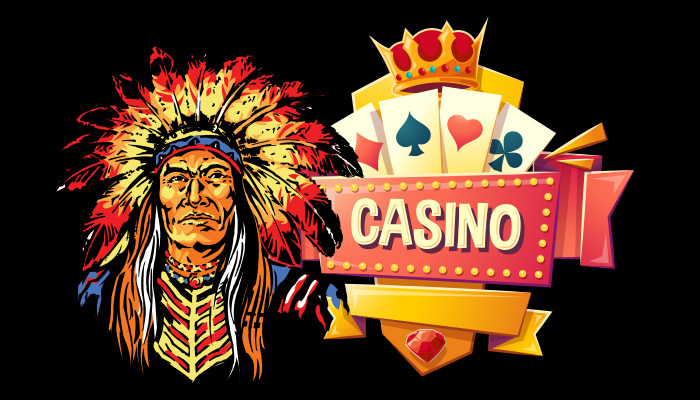
Closure
Thus, we hope this article has provided valuable insights into Are All Indian Casinos On Reservations? Unpacking the Complexities of Tribal Gaming. We hope you find this article informative and beneficial. See you in our next article!

